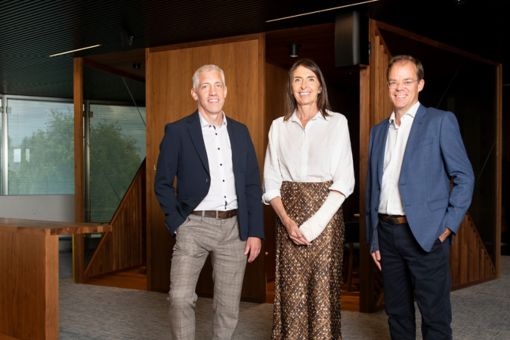Environmental, Social and Governance (ESG) is about more than your environmental credentials. It’s what forms the overall story and purpose of your business – how you impact the world, how you contribute to society and how you conduct yourself.
It’s crucial for companies that want to be dynamic and resilient in a changing business environment, as they respond to a wave of scrutiny from a range of stakeholders – from investors and regulators to employees and customers.
KPMG publishes regular research, insights, and opinions on the hot topics in sustainable business. We set out to inform, challenge and provoke; to drive new thinking and change the status quo. Read on to explore our latest thinking, initiatives and events, or jump directly to one of the following sections:
Our latest insights

Environmental, social, governance (ESG) and sustainability


Climate change and decarbonization

Measurement, assurance and reporting
Archive
- Europe proposes simplified sustainability rules, but reporting remains key
- EU releases Omnibus proposals
- New EU regulations force action on workforce and sustainability strategies
- The challenge of greenwashing
- Navigating EU Taxonomy
- The move to mandatory reporting
- Pioneering change: LCL’s remarkable ESG journey
- First-time reporting under ESRSs
- Global ESG due diligence+ study 2024
- Paving the way for a circular economy in the consumer goods and retail industry
- ESRS implementation – EFRAG guidance
- Building the business case for sustainability
- How AI can power your sustainability reporting
- ESG Governance
- Unravelling sustainable business transformation in Life Sciences
- Powered Sustainability
- Joint guidance on interoperability
- Anchoring ESG in governance
- Addressing human rights in business
- An audit committee lens on ESG reporting
- Reporting on the SDGs: How to get it right
- Environmental, social and governance (ESG) boardroom questions
Explore
Connect with us
- Find office locations kpmg.findOfficeLocations
- kpmg.emailUs
- Social media @ KPMG kpmg.socialMedia































